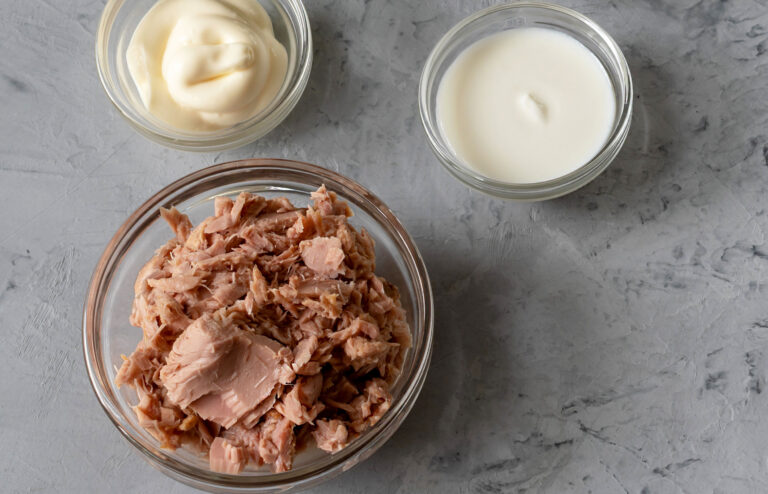What do canned tuna, yogurt, and Partially Hydrogenated Oils (PHOs) have in common? All are undergoing an FDA definition change. Over the last several months, FDA has been reviewing and updating its Standards of Identity (SOI) program to modernize food definitions to allow for greater flexibility in their composition while maintaining their basic nature and essential characteristics. As the updated SOIs roll out, they may be impacting your products.
Since 1939 when the program was established, FDA has defined more than 280 SOIs intended to protect consumers and “promote honesty and fair dealing” in food production. The SOIs are established by law and detail what a food must contain and what is optional and may also define the amount or proportion of ingredients or components and the method of production or formulation. SOIs are important, as they identify each food by their common and usual name and ensure that consumers will receive what they expect in a food’s characteristics, ingredients, and production processes. SOIs help to ensure the integrity of food and help protect against economic adulteration.
But because today’s food labels are required to provide more information to consumers than they had in the past, SOIs are now less important as a consumer information vehicle. So FDA is seeking to modernize its SOI program to reflect modern technology and processing methods, allow for continued innovation, and increase the focus on the nutrition and healthfulness of standardized foods to meet today’s consumer expectations and achieve the goals of the Nutrition Innovation Strategy.
In addition to the program update – for which FDA is collaborating with the USDA to establish principles for determining whether to revise, eliminate, or establish an SOI – the modernization includes changes to a number of specific SOIs. FDA is currently making the following updates:
- French Dressing and Frozen Cherry Pie – revoking/proposing to revoke the SOIs as outdated or unnecessary.
- Canned Tuna – developing a proposed rule to update the SOI and standard container fill; removes PHOs as an optional ingredient.
- Yogurt – reviewing objections to the final rule’s SOI modification relating to maximum pH.
- Foods that Include Salt – proposing a rule to amend the SOI to permit the use of salt substitutes in standardized foods, to reduce the sodium content.
- Cheeses and Ultrafiltered Milk – finalizing a rule to amend the SOIs to allow the use of ultrafiltered milk in certain cheese to support cheesemaking innovation.
- Pasteurized Orange Juice – accepting comments on a citizen petition asking that the SOI be amended to lower the Brix level.
- Partially Hydrogenated Oils (PHOs) – amending SOIs to no longer list PHOs as an optional ingredient and revokes prior sanctions (peanut butter, canned tuna, margarine, shortening, and bread, rolls, and buns).
Whether or not a food you produce or ingredient you use is on this list, it is wise to keep an eye on FDA publications for further SOI updates. How fast the modernization effort will move forward is unknown given the number of areas on which FDA is focused. However, any attention put on a food/ingredient you produce/use could cause you to change the basic formulation of product(s) and update the labels. For example, FDA expects there to be some degree of economic disruption for entities where the reformulation of PHO-containing products results in changes to consumer demand.
In most cases, FDA will first issue a proposed rule, request comments on a citizen petition, etc., (although the agency is issuing the PHO revocation as a final rule and considering only “significant adverse comments”). So, it is important to have your voice heard prior to an SOI change, particularly if the change would have an impact on your products.





